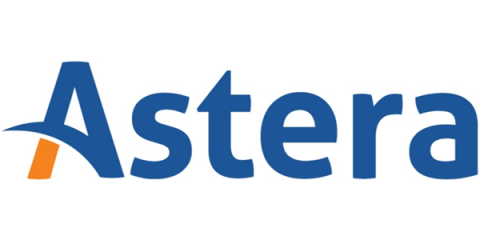Improving Government Case Management with AI: 6 Use Cases
There are many ways AI can improve government case management processes. Examples include: AI capabilities often depend on a large language model (LLM), an advanced AI system that can understand, analyze, interpret, and generate human language. It uses deep learning techniques to predict and produce coherent text based on input prompts. A large language model trained on government agency data is capable of tasks like text extraction, translation, summarization, and conversational responses.











